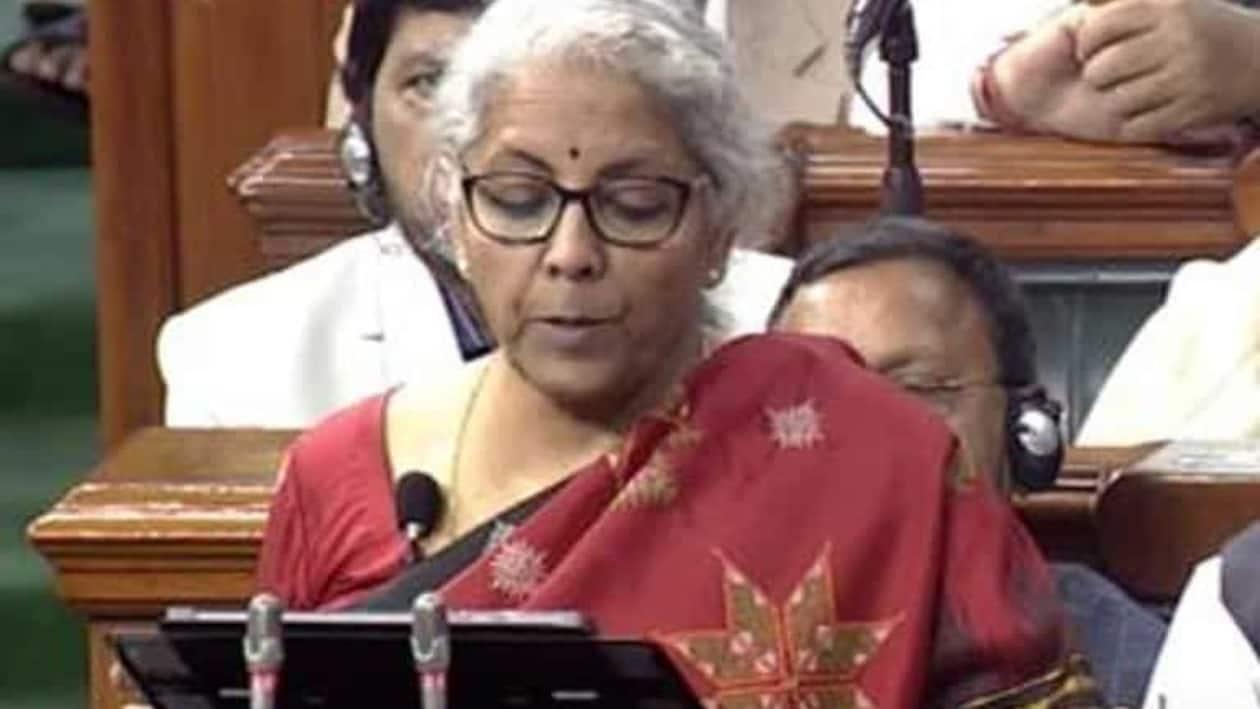In the Union Budget 2023, Finance Minister Nirmala Sitharaman emphasised on seven priorities, referring to them as 'Saptrishi', that will drive the country’s vision during Amrit Kaal. Amrit Kaal encapsulates the government’s vision for the next 25 years (i.e. up to 2047), culminating in the centenary of our nation’s independence.
Considering that MSMEs contribute 30 percent to the country’s GDP, create over 111 million jobs, and account for 48 percent of total exports, their growth is absolutely indispensable if India targets to become a 5 trillion USD economy over the next few years. MSMEs, infact, contributed to over one-fourth of India’s gross value added in 2020-21 and are amongst the biggest employers in the country at a collective level. Overall, this year’s budget has been balanced and pragmatic and it’s great to see that the government has revised taxation in the MSME sector and proposed other key initiatives that are conducive to MSMEs' growth in the economy.
For instance, the government has proposed to expend a whopping ₹22,138 crore on allocations aimed at the micro, small, and medium enterprises (MSMEs) ministry in the Budget 2023-24, which will play an instrumental role in employment generation in the country. The MSME sector has displayed resiliency and strength during the pandemic and is playing an equally significant role in India’s economic recovery today. As per a report by the State Bank of India’s research wing, in the post-pandemic phase, MSME credit growth has been consistently higher on a year-on-year basis, even if we compare that to the credit growth of larger enterprises.
NBFCs have been a key financer to MSMEs. Thus, the consistent improvement in asset quality of NBFCs is witnessed in the falling GNPA ratios from the peak of 7.2% registered during the second wave of the pandemic to 5.9% in September, touching pre-pandemic levels.
The government has also expanded the scope of its DigiLocker services, which will now be made available for access to MSMEs, large enterprises, and charitable trusts. It is a digital app that allows the storage and sharing of documents in a safe and secure manner. Users can seamlessly share such digital copies of documents with other credible authorities, regulatory bodies, banks, and other business units. The government backed Digilocker services will also act as a boon to startups as till now, DPI exclusively allows individuals to store and share their documents and certificates, such as academic records, driving licenses, health insurance documents, and PAN cards among certain others.
Furthermore, the simplification of the KYC process and allowing companies to do video-based KYC is indeed a great measure. The government has established a platform that will act as a one-stop solution for updating identity, using Digilocker service and Aadhaar for authenticating KYC verifications. The Permanent Account Number (PAN) will be used as a common identifier for all digital systems of government agencies.
For MSMEs to flourish and fuel India’s dynamic growth story, skilling needs of the sector should be addressed on priority. Towards this, the government has announced a digital ecosystem for skilling the workforce engaged in MSMEs. The FM has proposed to establish a unified Skill India digital platform that will focus on demand-based formal skilling, connecting it with employers including MSMEs, and facilitating access to entrepreneurship schemes.
Further, the reduction of over 39,000 compliances that MSMEs need to abide by and the decriminalization of 3,400 legal provisions, will play a pivotal role in ensuring ease of doing business for MSMEs in the country. MSMEs are the very backbone of our economy and therefore their revamping scheme, for which ₹9,000 crore corpus has been allotted, is indeed a significant move.
Government schemes such as the restructuring of the Credit Guarantee Scheme, complete integration of Udyam, e-Shram, and National Career Service and ASEEM portals and the non-tax benefits to MSMEs for up to 3 years, have been significant steps. The new proposals announced in the budget will certainly benefit MSMEs in the long run.
The pandemic led to the rise in adoption of digital financial services along with government initiatives such as Jan-Dhan, Aadhaar, and Mobile (JAM) trinity, UPI (unified payments interface), and other regulatory structures that have also helped banks, NBFCs, insurers and fintechs to offer a vast bouquet of financial solutions to MSMEs. Additionally, neo banks played an important role in providing access to financial services to MSMEs, as well as, to the underbanked population across regions. Other government initiatives such as 75 Digital Banking Units (DBU) across 75 districts is another push targeted at making banking services available even in far-flung areas of the country.
Further, lending companies are also looking for newer channels of financing which will enable them to provide better financing solutions to MSMEs. Keeping in perspective the increase in repo rates and cost of borrowing for NBFCs, many have suggested the government reduce cost of funds and create specific debt financing facilities for new-age lenders.
Rakesh Kaul is CEO & Executive Director, Clix Capital
